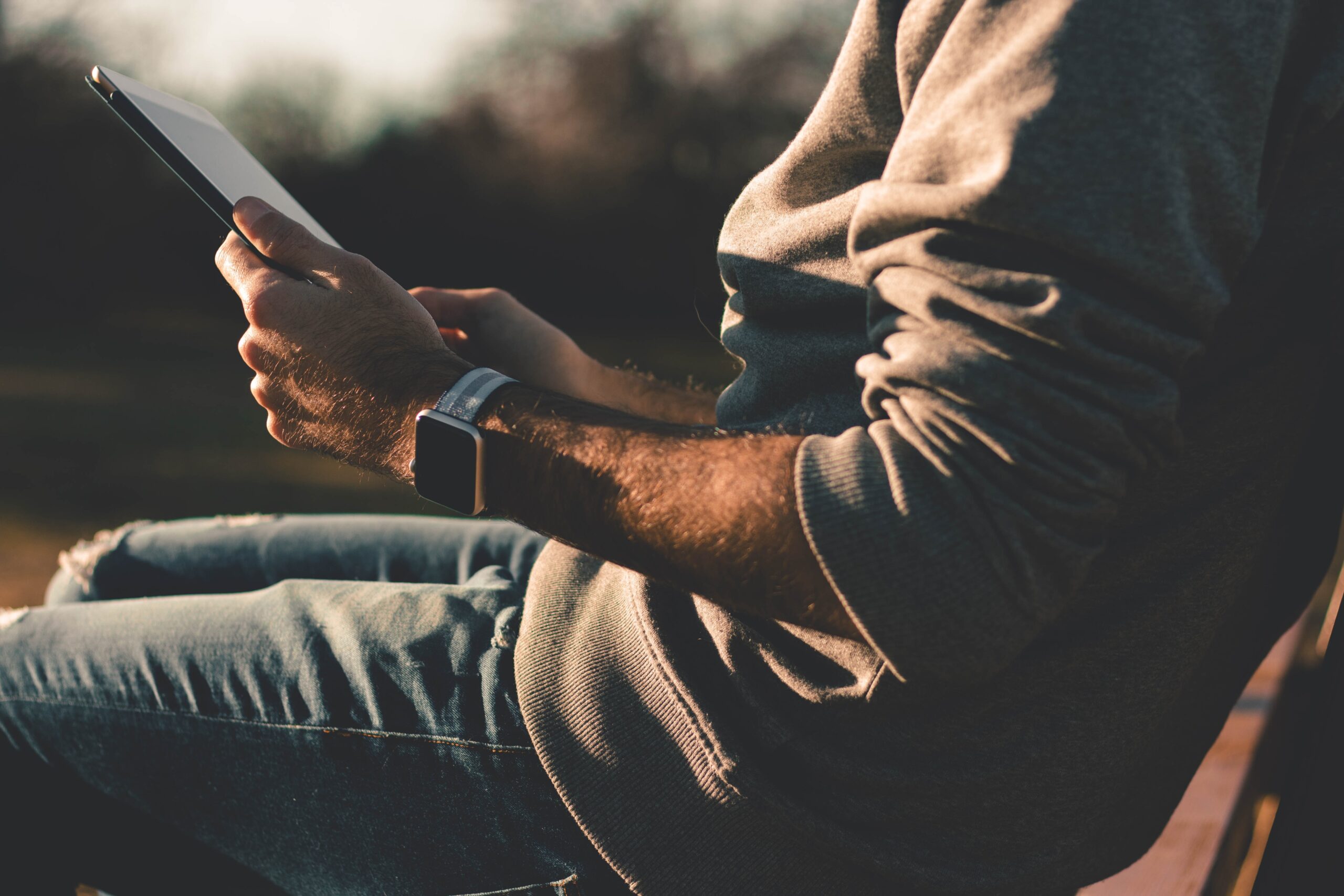When on an alcohol or drug treatment, the last thing you wish to have is a relapse during recovery. Staying sober during recovery is a lot of work. The main goal after this treatment is to keep off from all forms of drugs.
A lot has been said regarding what a relapse is. For instance, if a heroin addict in recovery takes one beer, is that the relapse? Or, when an alcoholic vapes some marijuana, is it a relapse? Even though every individual undergoes an entirely different process, please try and stay away from all drug substances. Let’s find out what a relapse is.
What is a Relapse?
Relapse refers to a condition that had improved starting to worsen. In substance treatment, relapse refers to consuming the drug again after trying to stop or after abstaining for some period. For instance, if an individual in a rehabilitation center returns to substance use after a month or so, they are experiencing a relapse.
Please note that relapse mainly occurs during the recovery process, and it is normal. If you have ever had a drug use disorder, the chances of relapsing are very high. Relapse occurs in stages, and using a substance is just one step of the process. It is essential to know the process so that it’s easy to identify an ongoing relapse.
Stages of a Relapse
There are three stages of relapse, and they are discussed below.
• Emotional
At this stage, you will not think about drug consumption. However, your behaviors and emotions will set you up to think about the physical phase of relapse. For instance, if an individual’s interest in going to treatment meetings is completely off because of how they feel, it is a sign of a relapse. Other signs include avoiding family and friends, hiding emotions, and retreating from self-care habits.
• Mental
This is the second stage which involves having images of you using the substance physically. This might lead to serious cravings for the drug. In most cases, you wrestle with the desire to remain sober and the need to consume the drug. Other symptoms of this stage include glorifying the days you used to abuse drugs, imagining substance use, thinking of people and places that provoke you to use drugs, looking for ideal relapse moments, bargaining instances where drug abuse should be acceptable and planning a physical relapse.
Danger of Taking Overdose
For some types of drugs, a relapse can have serious consequences. In case an individual stops consuming drugs and then suddenly consume the same amount they used to before going to rehab, they may overdose. The body cannot receive the same level of drugs in the system. If the drug leads to harmful and serious symptoms, then that’s an overdose. So, it is very vital to follow your treatment plan keenly. Your treatment can assist in minimizing the possibility of relapse occurrence.
Responding to a Relapse Negatively
It would be best if you did not devastate yourself because of relapsing on any drug. Most people tend to feel that it’s over when they relapse during recovery. Staying sober is very challenging, and only if you are extremely dedicated will you manage. In case a relapse occurs, do not fear seeking help. You can discuss the issue with someone who will assist you in getting support and treatment.
In case you feel that the situation you are in makes it difficult to avoid a relapse, remove yourself or walk away from it. Know what provokes your emotions and avoid it. Also, know situations and people who may cause you to relapse and avoid them.
Relapse During Recovery
People understand relapse during recovery in different ways. However, it means that you must abstain completely from any drug, even if it is not the one that made you go to a rehab center. Replacing one addiction for the other is quite common; hence, you should avoid getting into any other substance addiction. The meaning of recovery is getting into a state of complete sobriety.
Seek Help for a Relapse
Are you or your loved one experiencing any of the above-discussed symptoms of the different stages of a relapse? It is advisable to seek help today. Our team can help you to gain sobriety once more by giving you prevention techniques. In case you are ready to recover after a relapse, contact us and discuss the issue with a specialist. Call us at 954-523-1167.

